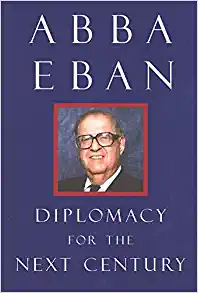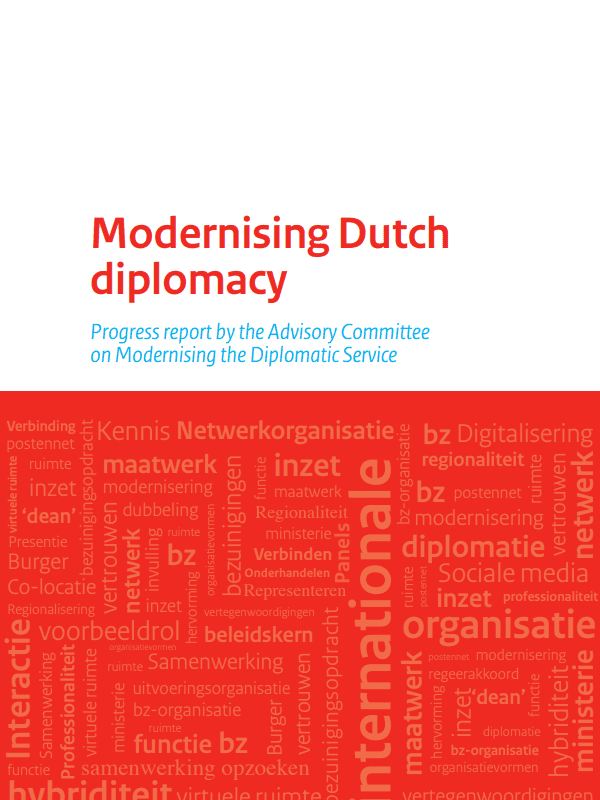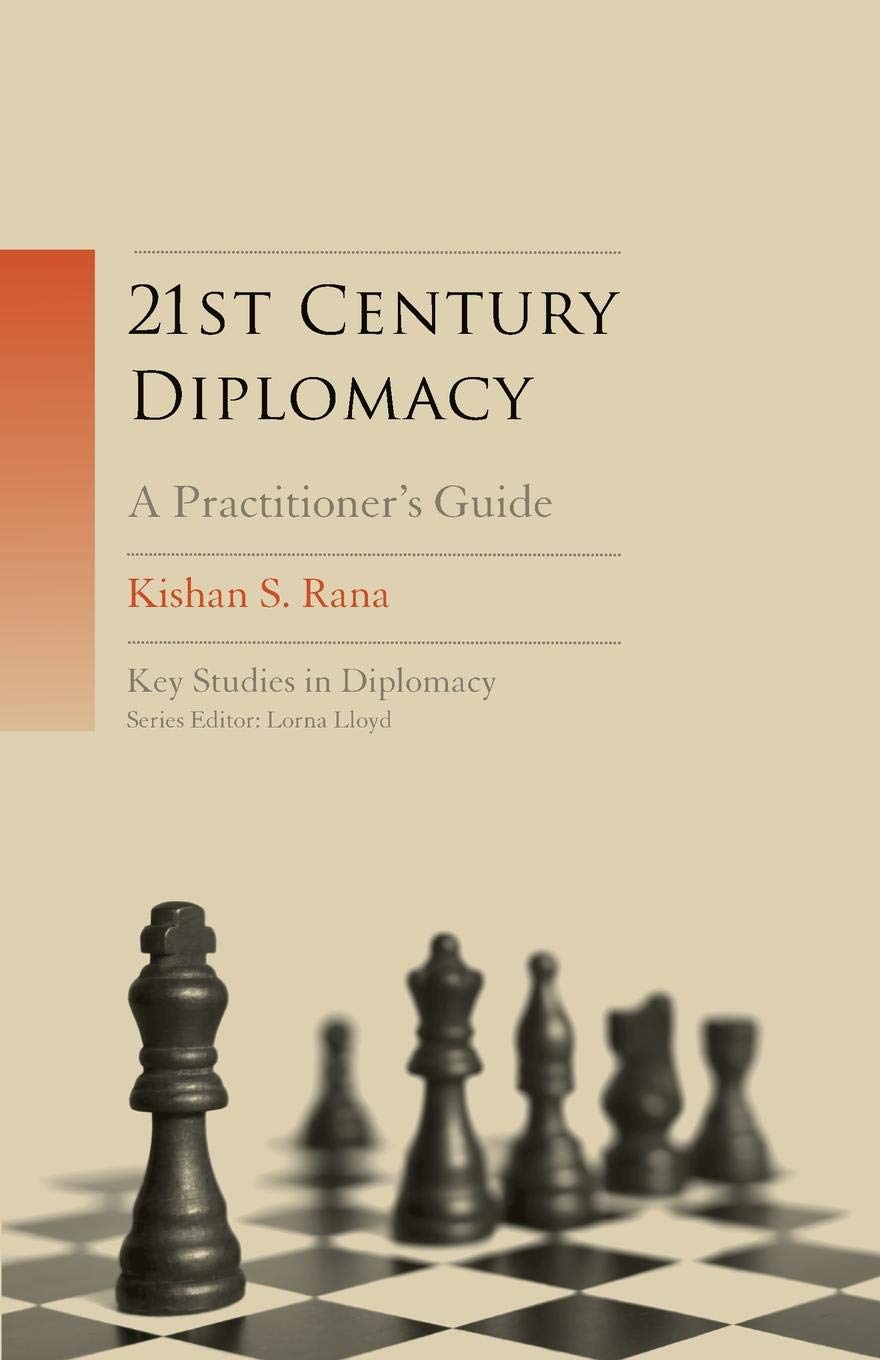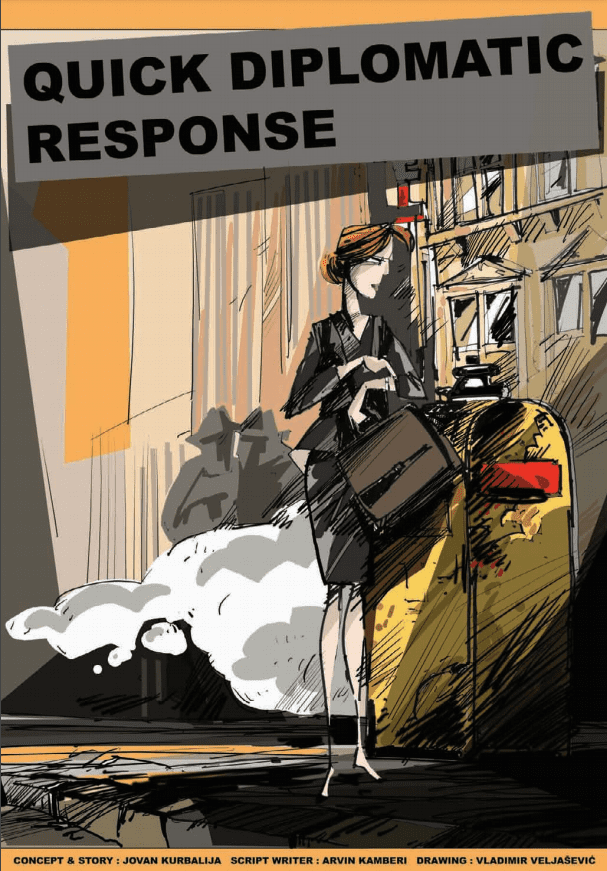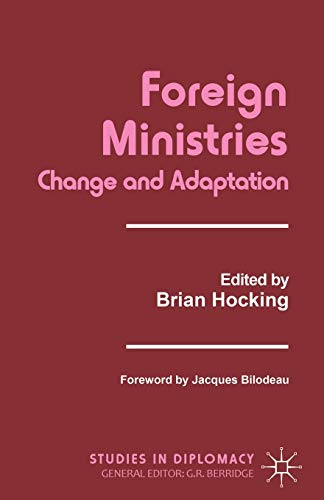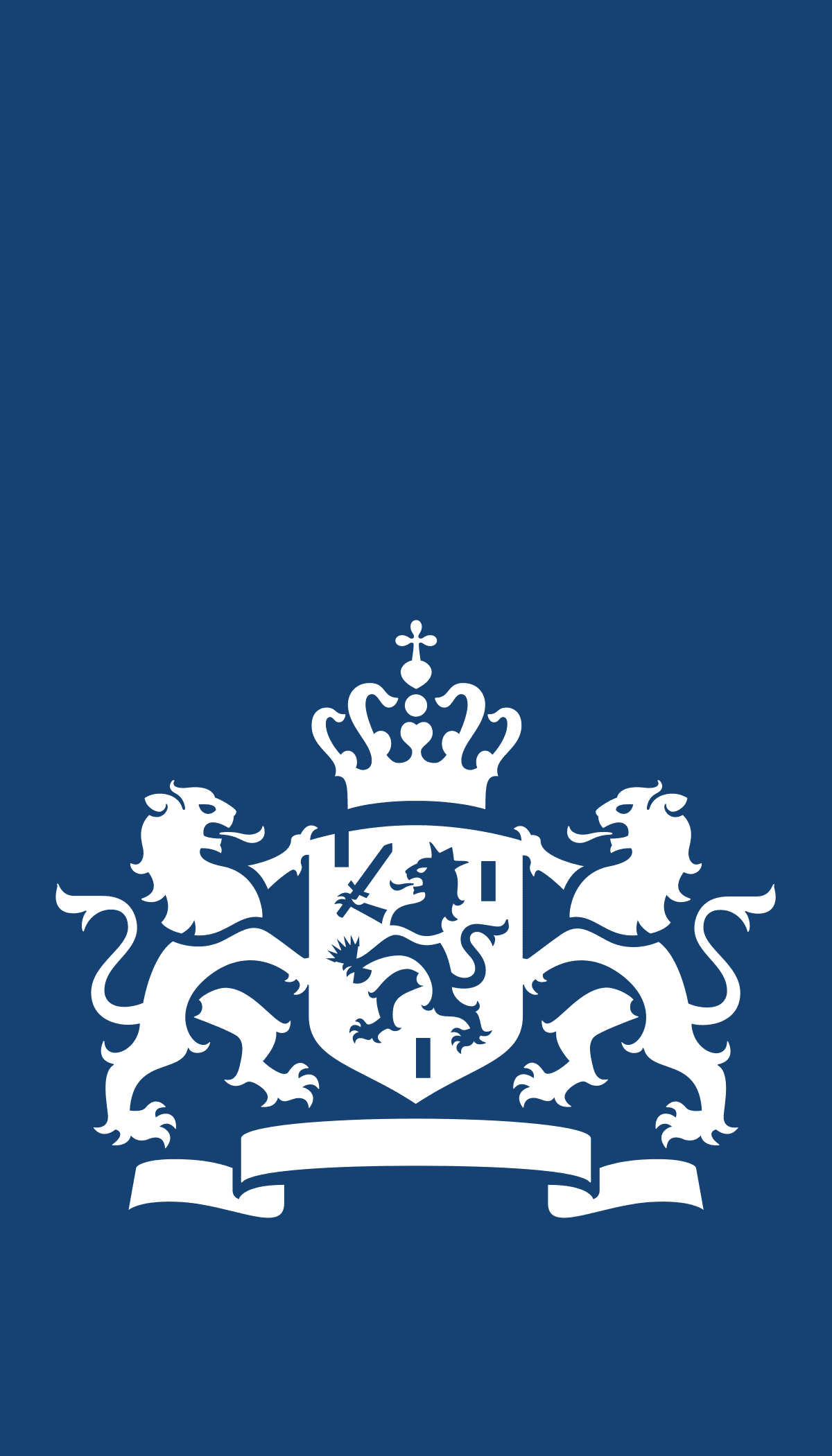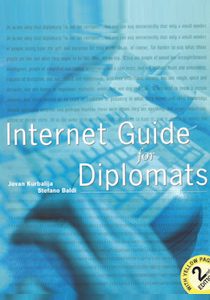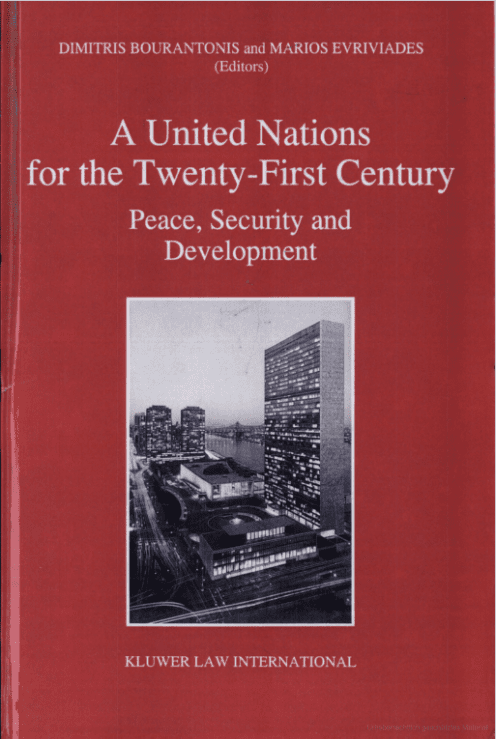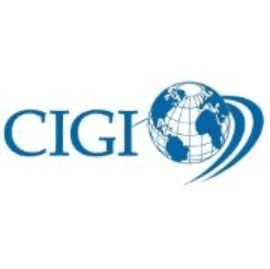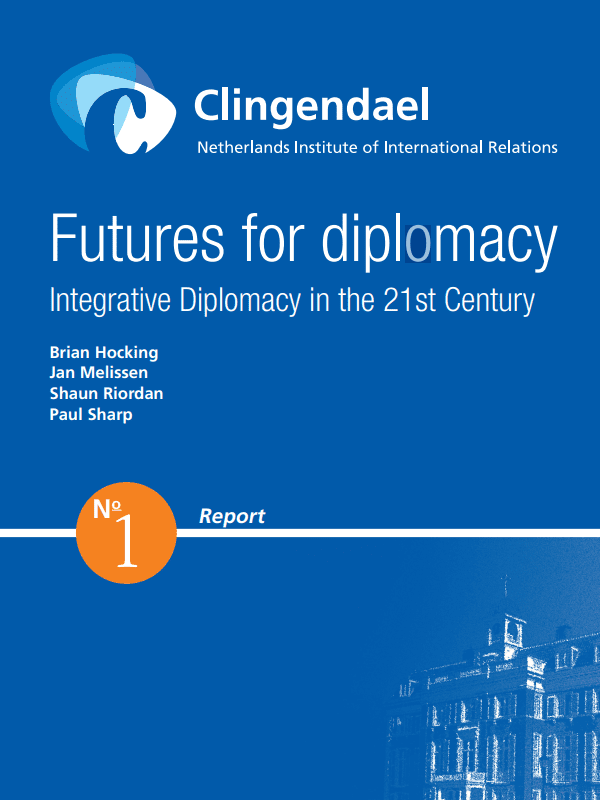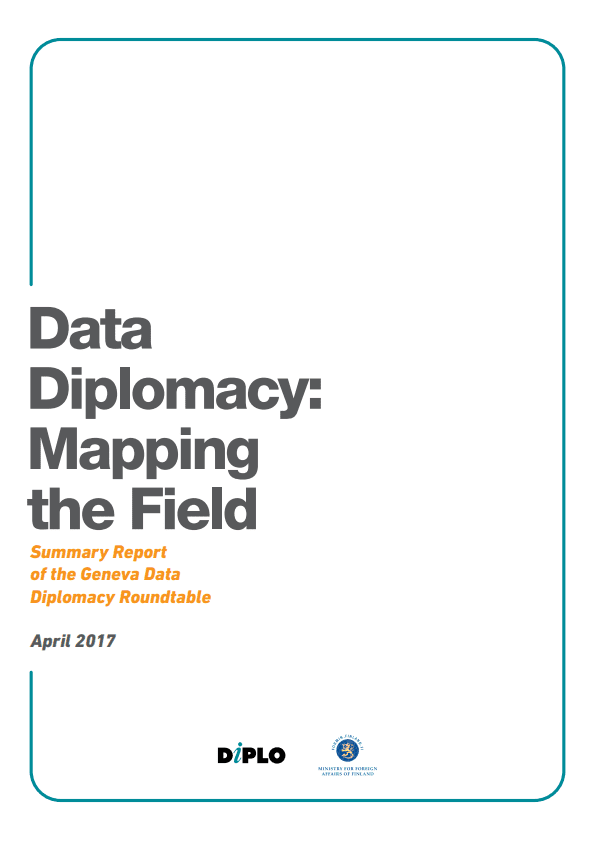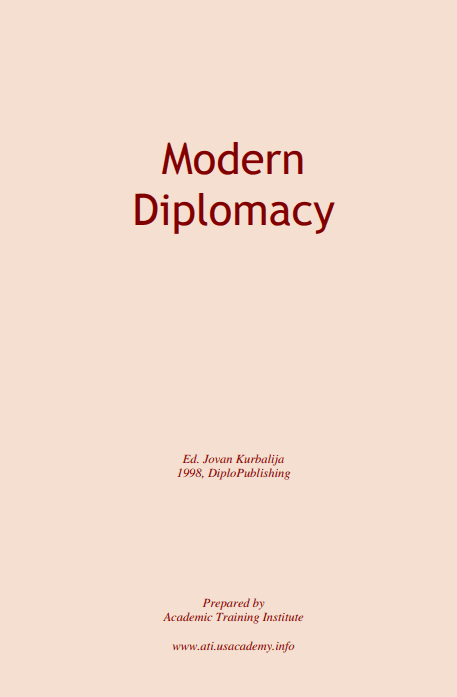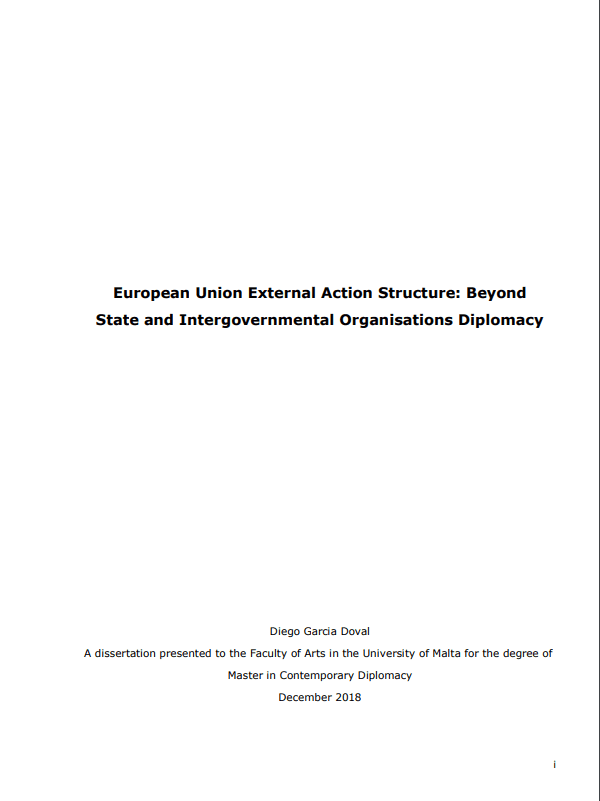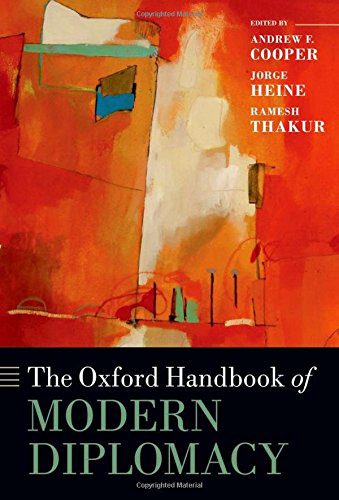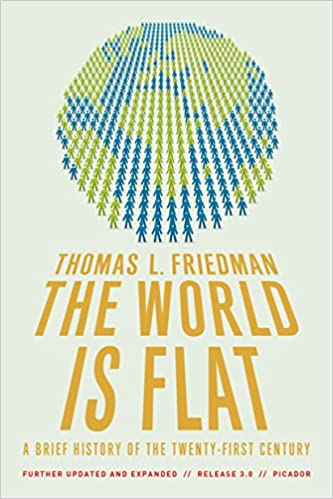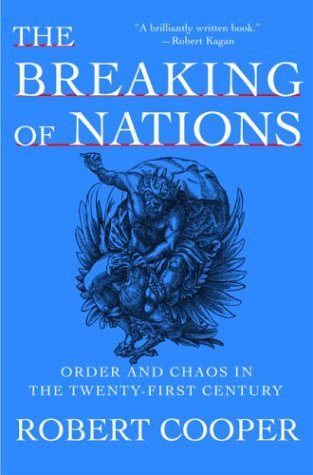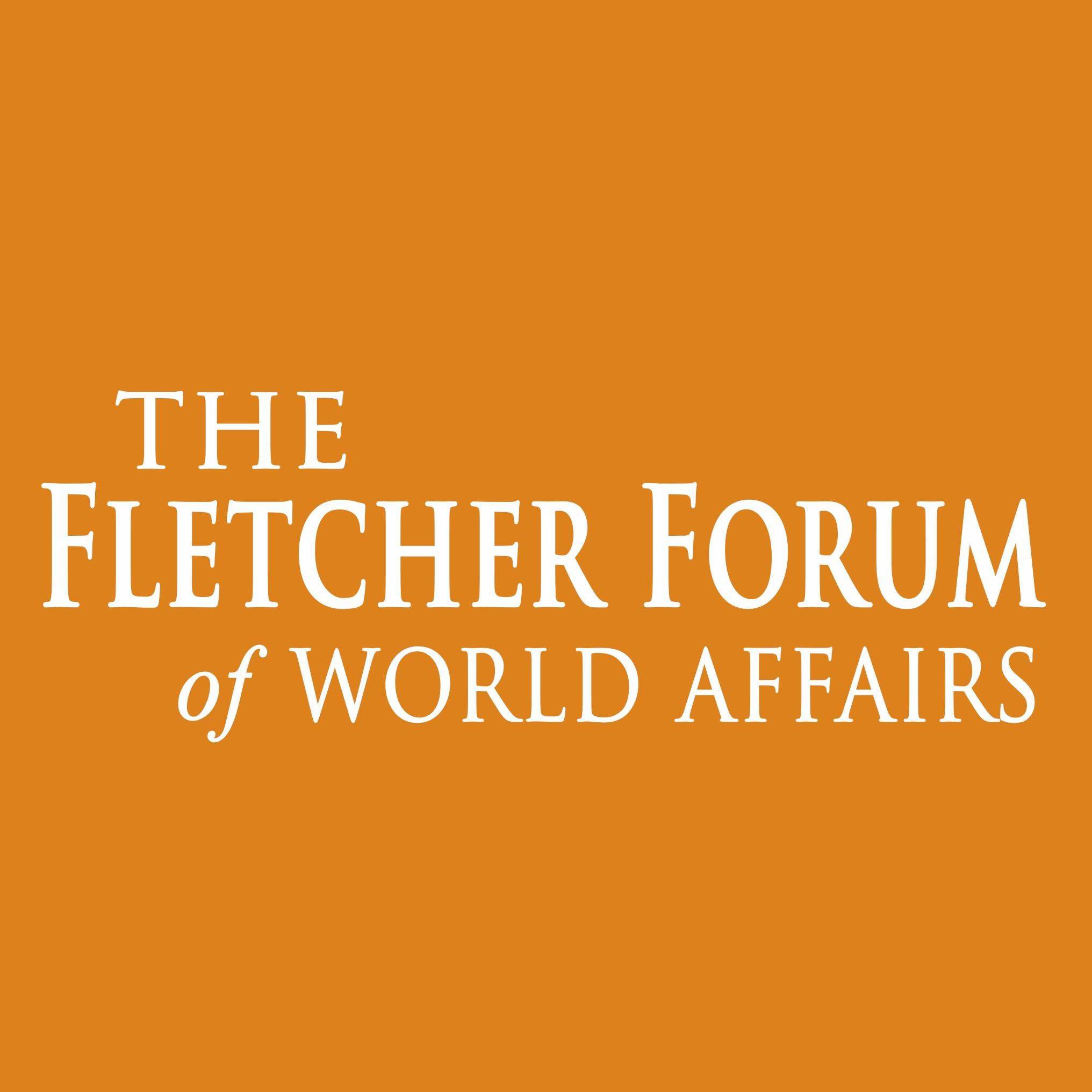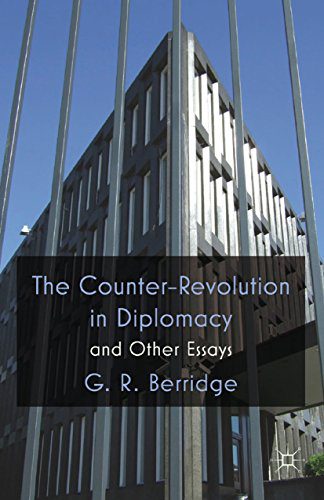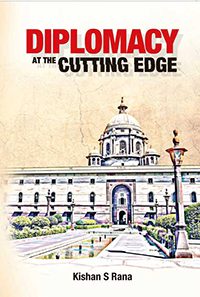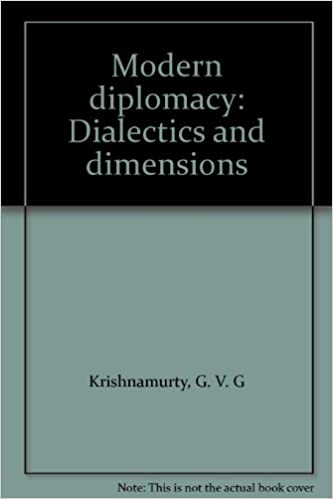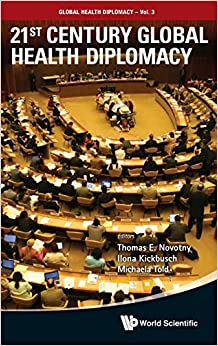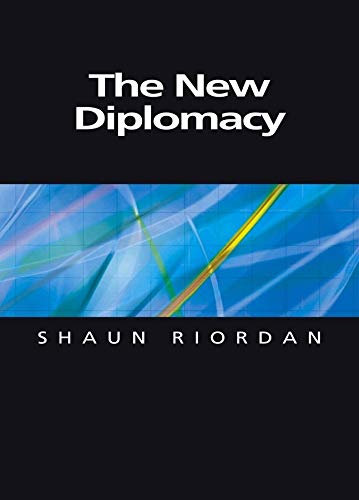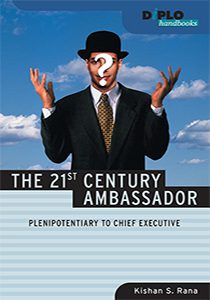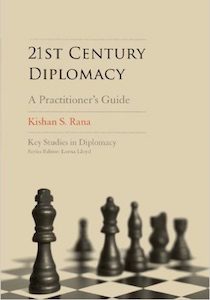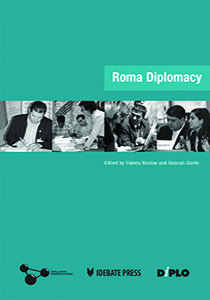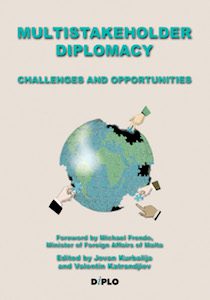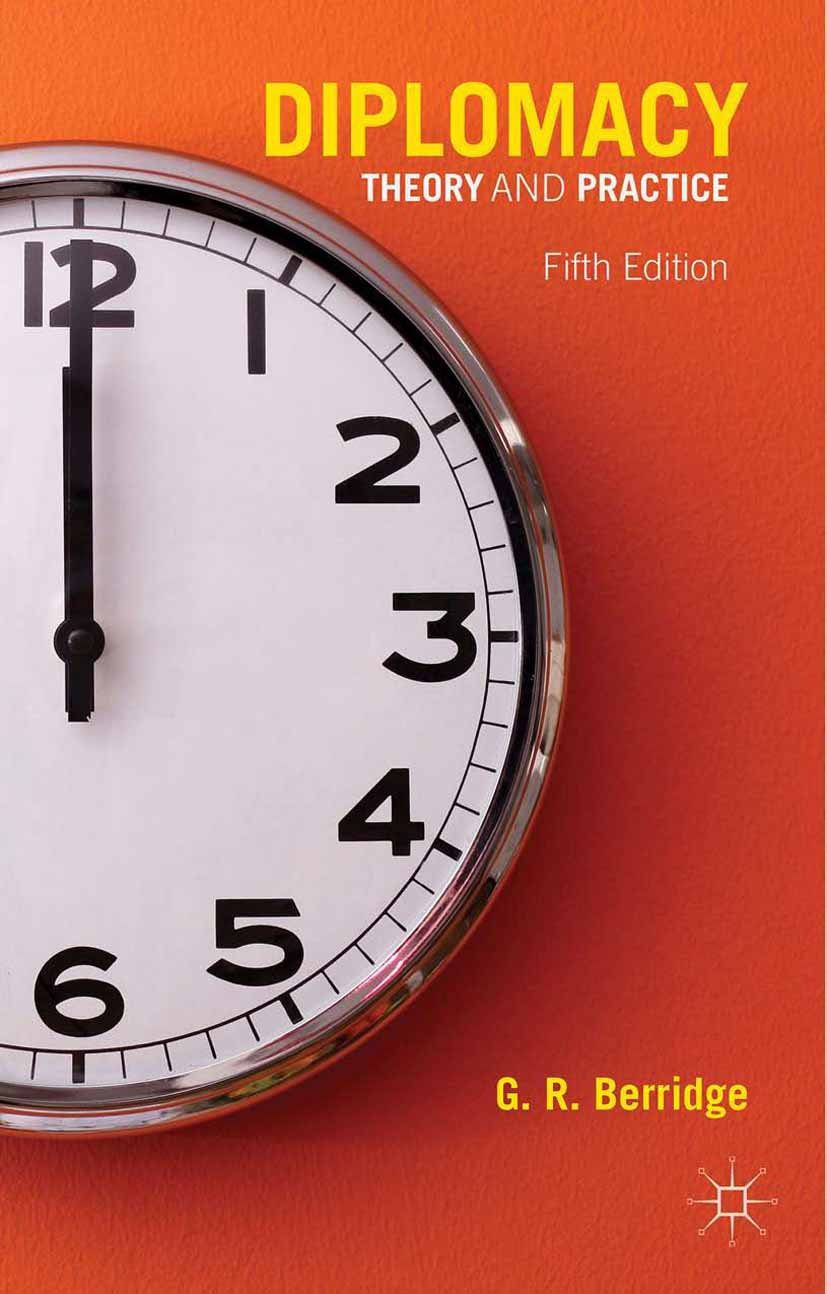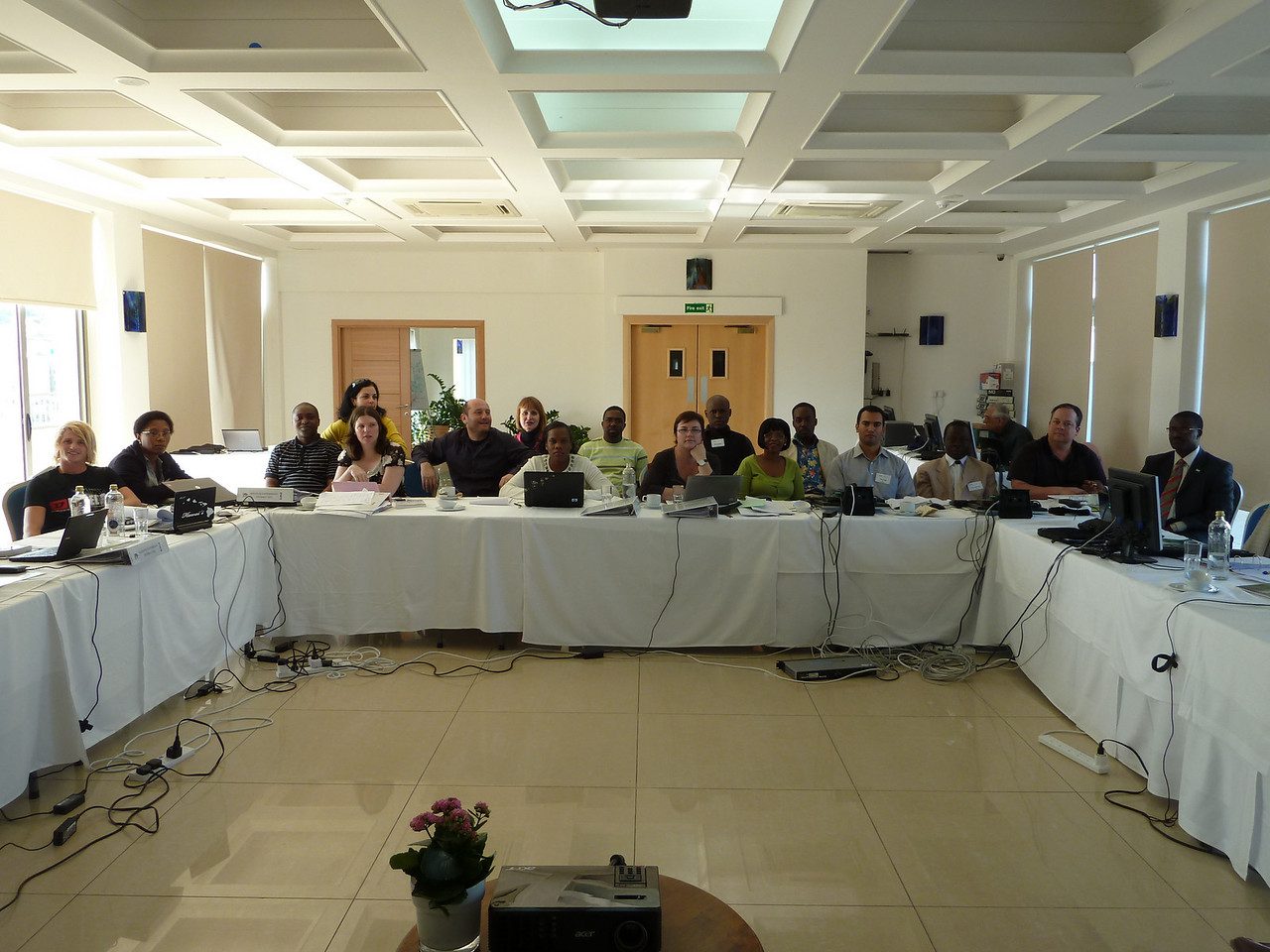A. ROLE AND POSITION OF DIPLOMACY IN THE INTERNET ERA
- Mapping the field of e-diplomacy: Introduction and Overview
-
- What are the main areas of e-diplomacy?
- How can e-tools enhance diplomacy?
-
- E-governance and e-diplomacy
-
- What is the relevance of e-governance to diplomacy?
- Which e-governance activities and approaches can be used by diplomatic services?
-
- Open Government and Diplomacy
-
- What is an impact of e-facilitated open government policy on modern diplomacy?
- What is the experience of the USA and UK in developing open governments?
- How can diplomacy adjust to Internet-driven -multidirectional transparency-?
-
- The relevance of the Vienna Convention on Diplomatic Relations in the Internet era
-
- Do we need to revisit some of the Vienna Convention regulations in view of changes of modern Internet-driven communication?
- Are regulations on diplomatic communications still valid?
- What about rules on diplomatic privileges and immunities?
-
- Changes in diplomatic communication and protocol in the Internet era
-
- What is the impact of new forms of communication (e-mail, sms) on diplomatic language?
- What changes has the Internet era brought to diplomatic protocol?
-
B. INTERNET AND THE MAIN DIPLOMATIC FUNCTIONS
- E-Participation and modern diplomacy
-
- E-participation in the main UN conferences (websites, blogs and other forums where individuals and organisations worldwide can voice their views)
- Remote participation as a way to increase inclusiveness of global meetings (Case studies: IGF, EuroDig)
- Complex interplay between e-participation and traditional diplomacy
-
- E-negotiations – opportunities and limitations
-
- How can diplomats adjust to the increasing pressure to negotiate online?
- When is online negotiation appropriate, and when it is not appropriate?
- What tools are available for online negotiations?
- What if a diplomat does not like e-tools and e-negotiations?
-
- Internet as a tool of public diplomacy
-
- How can we use the Internet for public diplomacy?
- How can small states use the Internet for their public diplomacy?
-
- Use of the Internet in consular affairs and crisis management
-
- Best practices in the field of e-consul affairs (online visa applications, up-to-date country news)
- Publicizing risks and warnings to citizens abroad
- Crisis management – faster news dissemination on Web 2.0, easier communications in times of disaster, disaster relief coordination
-
C. INTERNET-BASED TOOLS FOR DIPLOMACY
- Web 2.0 and diplomacy
-
- Social networking tools and diplomacy: relevance and risks
- What is the experience of diplomatic services that intensively use Web 2.0
- Opportunities offered by Web 2.0 for information management and collaboration
- Instant response – errors caused by rapid, intuitive reactions?
- Case studies (DiploWiki – US State Department; WorldChat – Swiss diplomatic service)
-
- Use of e-mail in diplomacy
-
- Use of e-mail for diplomatic communication: appropriate practices and risks
- Privacy and storage concerns
-
- Video Conferencing in Modern Diplomacy
-
- Survey of the current tools and approaches for video conferencing and tele-presence
- Case Study: Global Climate Change Meeting Platform (Copenhagen and Beyond)
-
D. E-DIPLOMACY ON DIFFERENT LEVELS
- E-diplomacy for small states
-
- Can e-diplomacy help overcome the financial and human limitations of diplomatic services of small states?
- Can virtual conferencing and tele-presence help small states to increase their -diplomatic footprint-?
-
- E-diplomacy and international organisations
-
- Best practices in the use of Internet tools by international organisations
- Use of Internet for preparation and running of the major global events
-
- EU and e-diplomacy
-
- The European Union is one of the main promoters of inclusive and multistakeholder governance, through the use of e-participation tools; what is EU-s experience in e-participation and diplomacy?
- Examples of how the newly established EU diplomacy (after Lisbon treaty) will use e-tools in its activities (web, blog, Twitter, virtual reality)
-
E. ORGANISATIONAL ASPECTS OF E-DIPLOMACY
- Security challenges for e-diplomacy
-
- Confidentiality and discretion: challenges and solutions for the security of information and knowledge
-
- Preserving institutional memory in the digital era
-
- Traditional and new methods of preserving institutional memory (digital archives)
- New methods of knowledge management
-
- E-learning in diplomacy
-
- Can online training provide professional upgrading while on-the-job?
- Opportunities offered by e-learning for diplomatic services: solutions and best practices
-
